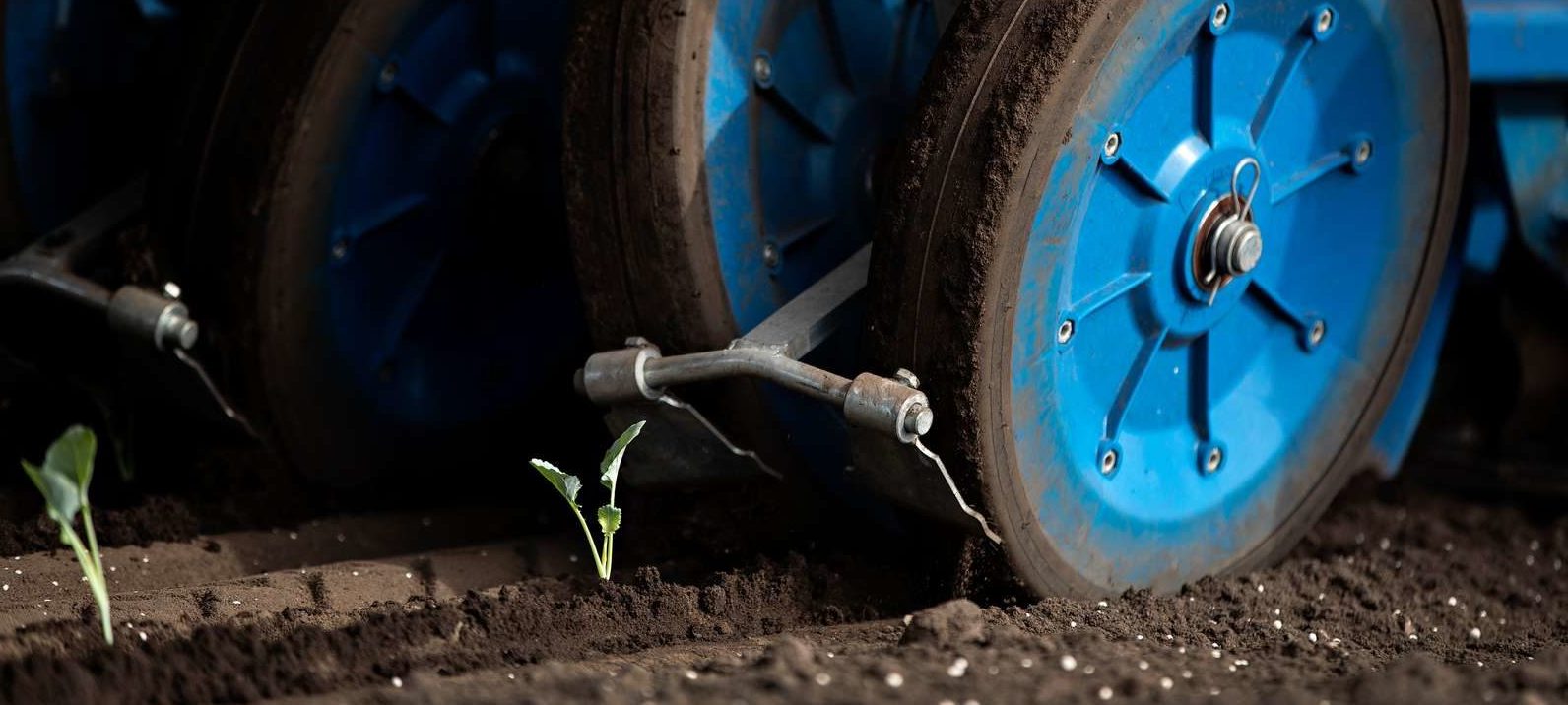Fertiliser additive shows potential as a climate change tool
Many farmers benefit from the use of nitrification inhibitors (NI) to maximise nitrogen availability for sustaining crop growth and reducing nitrate leaching. International studies have also documented the ability of NI to reduce the production of nitrous oxide – a primary source of GHG emissions from agriculture.
Now a research team from Denmark is investigating another important question: the precise climate and environmental effects of NI under Danish conditions.
The objective is to document whether NI can support Danish farmers in reaching their climate goals. Based on initial calculations, po- tential exists to cut nitrous oxide emissions by at least 400 kt CO2 equivalents a year.
NI research will provide basis for national recommendations
The objective is to document whether NI can support Danish farmers in reaching their cli- mate goals. Based on initial calculations, potential exists to cut nitrous oxide emissions by at least 400 kt CO2 equivalents a year.
However, little is currently known about how NI are affected by different soil types, weather patterns, fertiliser and manure types and the practices of the individual farmer. There is similarly little data about the side effects of NI on soil microorganisms and the risk of leaching into surface and ground water.
This is all necessary knowledge before policy- makers decide whether to promote NI as a sustainable tool for reducing GHG emissions in Denmark.
Aarhus University, University of Copenhagen and SEGES Innovation are partners in the project which will provide the basis for recommendations to the agricultural industry on NI use. Funding has been provided by the Climate Research Program under the Danish Agricultural Agency.


